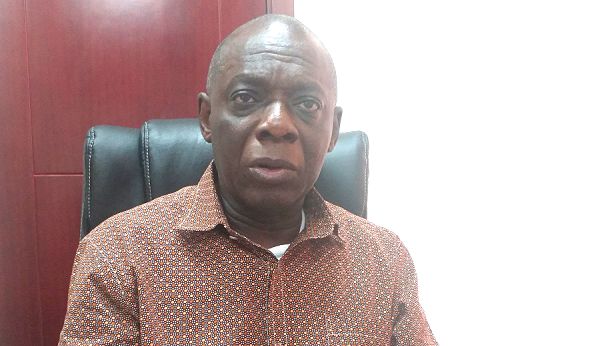The Executive Secretary of the Ghana International Trade Commission (GITC), Frank Agyekum, has lauded the progress of Ghana exporting to two countries with the implementation of the African Continental Free Trade Area (AfCFTA) agreement.
According to Mr. Agyekum, there has “been some progress” despite the single trading market taking off at the height of the pandemic.
“Many countries in Africa as well as throughout the world are beginning to recover. So, we should know that it will take time for us to get to where we want to be. Also, with the free trade process, it was just signed about a year ago and we need to look at the long term and not the short term. So, in the short and medium term, we’re going to flounder and succeed here and not succeed here. By and large we’ve done well. For instance in Ghana, we’ve been able to export to two countries, to South Africa and to Guinea. South Africa, we exported under Kasapreko and also to Guinea, some cosmetic manufacturing industries did exports. So, we are getting there”.
Corroborating his stance, the West Africa Regional Coordinator for CUTS International, Mr Appiah Adumako, described the progress as “remarkable”.
He further cited countries such as South Africa where goods “come under duty-free” and “quota free” terms. This, he explained is crucial for the growth of businesses and countries trading under the AfCFTA.
“So, I think that so far it’s good but I will say that there’s more that needs to be done. The level of knowledge or awareness of AfCFTA is low among most Ghanaians. I think there’s more works that needs to be done at the national level; so that we can kind of rope in all businesses especially the small and medium scale enterprises”.
Rules of origin for AfCFTA
Commenting on the delay in the resolution of the rules of origin for AfCFTA, Mr Agyekum attributed it to the inherent “different classifications”.
Mr Agyekum further explained that despite the slow paced move of the rules, progress is being seen among countries exporting.
“The thing to do with the terms of origin, you know they come in different classifications. About three different classifications have to be looked at and these are very intense and delicate matters. I’m sure that in the near future, we should come out with the determination as to how we will go. That notwithstanding, we are already on track. As I said, Ghana has started, Egypt also tried to do something some time ago. So, every country is trying to take the first step that needs to be taken and I have no doubt that some areas will succeed and some areas will not be too successful. But that’s how it should be really.
“This is a long term project and anywhere it’s been implanted, it can still come into fruition in one or two or three years. We have to look at the long term”.
Prospects of AfCFTA in five years
Commenting on the future of AfCFTA, Mr Adumako expressed optimism for African countries under the trade agreement. He highlighted the growth which characterized imports and exports among member countries.
Additionally, Mr Adumako described this phenomenon as one which will increase and “create economic opportunities for people in the continent”.
“I see the prospects of AfCFTA in the next five years to be better than today. This agreement has made countries that were not into production and exporting to other countries to kind of ramp up their manufacturing ability. So, in the next five years, we will see more goods coming from African countries than in the past where eighty five percent of the goods we saw in this country were kind of imported from either Europe, Asia or North America”.
Read Also: Lynx Entertainment must sue Oduma Essan- Mr. logic





















